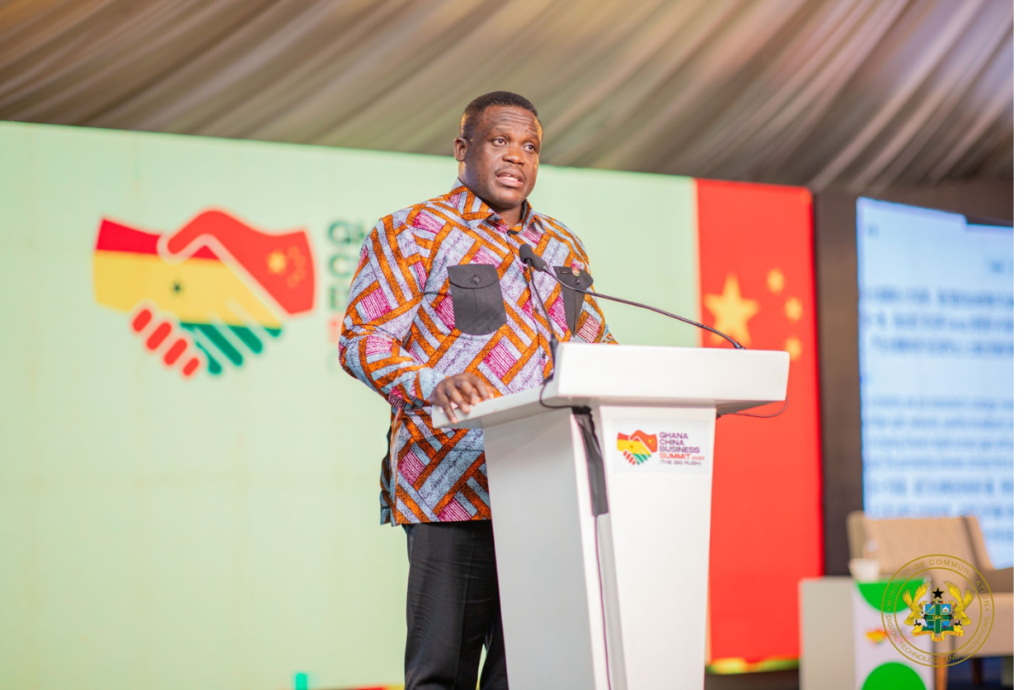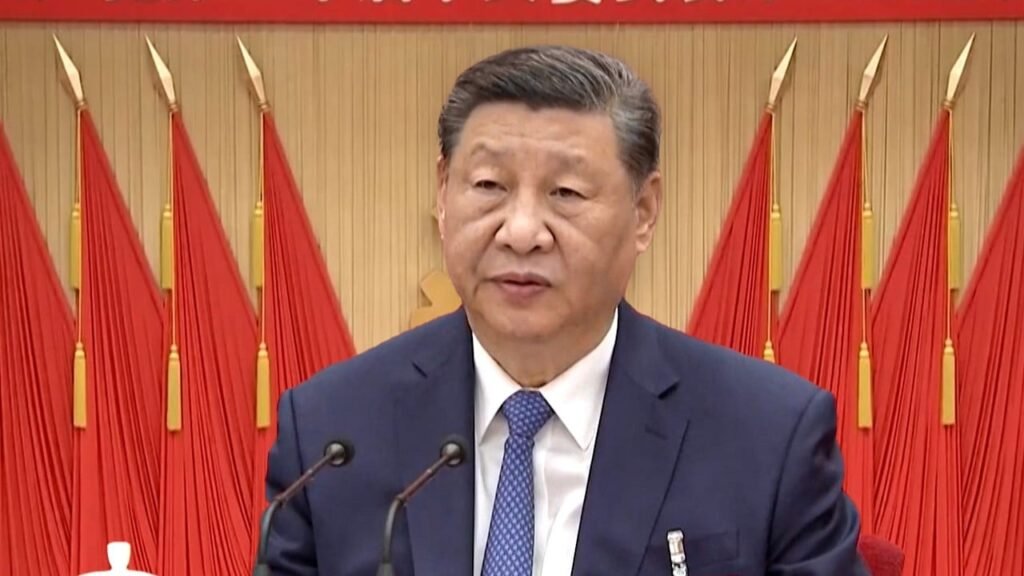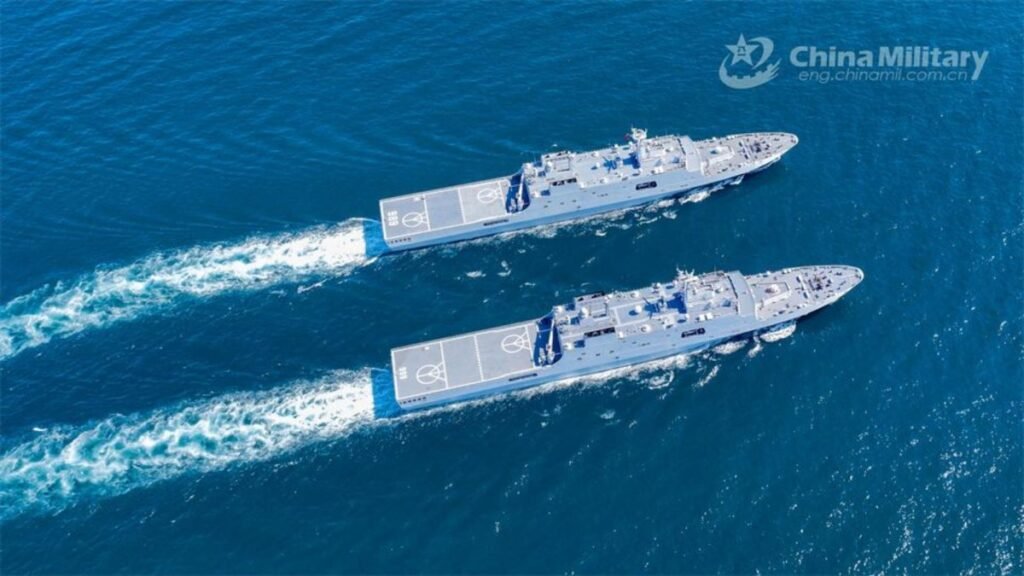Unlock the Editor’s Digest for free
Roula Khalaf, Editor of the FT, selects her favourite stories in this weekly newsletter.
Huawei’s founder said the US was exaggerating the Chinese chipmaker’s capabilities and played down his company’s technology amid trade talks between Beijing and Washington that include discussions of export controls.
In a rare interview with China’s state-run People’s Daily on Tuesday, Ren Zhengfei said Huawei’s Ascend chip, the main rival to Nvidia’s products in China, “still lags behind the US by one generation”. He added that the “US has exaggerated Huawei’s capabilities — we’re not that strong yet”.
Ren’s comments come as Nvidia chief executive Jensen Huang has sounded the alarm in recent weeks on Huawei’s progress with its artificial intelligence chips, saying Washington’s limits on the US chipmaker selling to China have given rise to a “formidable” competitor that threatens to undermine American dominance of AI technology.
The US and China began a new round of trade talks on Monday in London, which included discussion of Washington’s export controls on key technology.
During the first round of talks in Geneva, the US did not discuss export controls. However, Beijing’s recent use of restrictions on some critical rare earths and minerals used in car manufacturing — which threatens to shut down factory lines in the US, Europe and Japan — has brought the issue into trade discussions.
Huawei has benefited from Washington’s ban on shipments of Nvidia chips to China as Chinese tech giants have accelerated purchases of Ascend chips and made preparations to adopt Huawei’s technology.
Still, the majority of Chinese AI companies, including DeepSeek, use Nvidia chips to train the large language models that power AI tools. Domestic alternatives are increasingly used for the less complex task of calling upon the models to generate responses in tools such as chatbots.
Analysts and Huawei researchers have previously complained about technical glitches in using the company’s chips for training LLMs, citing difficulty in making the chips work together and distributing computing workloads across them.
Ren on Tuesday hinted the company had made strides to resolve these issues, saying Huawei could “compensate” for poorer performance through cluster computing, which involves linking multiple chips to boost AI server power.
“Using clustering and stacking, our computing results are comparable to the world’s best,” he said.
Huawei’s new CloudMatrix 384 AI server is the centrepiece of its strategy to compete with Nvidia by assembling a large number of chips to bolster bandwidth capacity and handle more data. The server connects 384 AI processors using Huawei’s optical technology.
Several Huawei customers are already testing the CloudMatrix server, working with the company’s engineers to resolve issues related to the heat generated by the large number of chips operating in unison and the machine’s weight, said a person involved in the testing.
Huawei’s biggest challenge was creating “an ecosystem” of developers that will use its platform to build AI models, the person added. One of Nvidia’s advantages is its software platform Cuda, which developers say is easy to use.
Ren said Huawei was investing Rmb180bn ($25bn) a year on research and development, with Rmb60bn going into basic research not aimed at developing products but making breakthrough discoveries.
Ren said China had distinct advantages when building out its technological capabilities.
“AI depends on abundant electricity and advanced network infrastructure,” he said. “China’s power generation and grid systems are world-class. Our telecoms infrastructure is the most advanced in the world.”
Additional reporting by Demetri Sevastopulo in Washington







